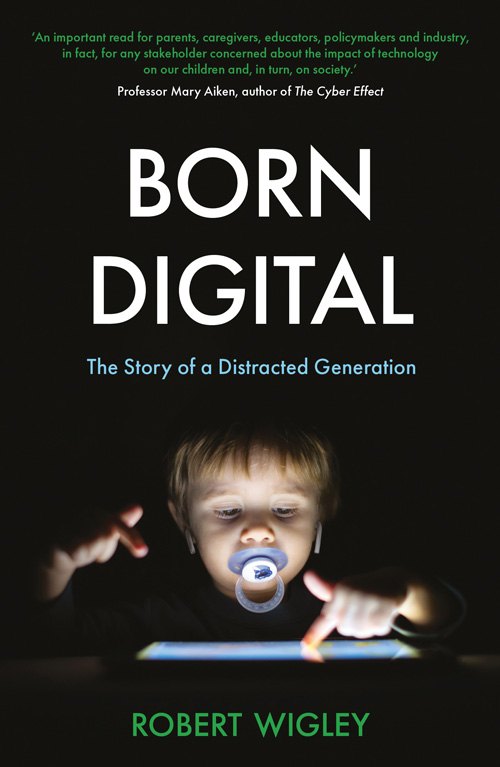
by Mrs Anna King
Senior School Headmistress, Notre Dame
In recent months, there has been a growing wave of national conversation around educational technology and Artificial Intelligence (AI) used in schools. What is its role? Is it safe? What are the risks and rewards? Any forward-thinking school will be refining and embracing its approach and values regarding the use of technology in the classroom.
Educational technology, or Edtech, refers to digital tools used in teaching and learning, not to be confused with social media or recreational screen time. When Edtech is used in a principled and pragmatic way, it compliments learning in a more engaging and innovative fashion. The use of technology in the classroom should not be driven by trends or devices for their own sake; instead, it should be used thoughtfully, where it enhances learning and supports the development of key skills for life.
Teachers should have the autonomy and expertise to select the most effective methods for each lesson, whether that involves digital tools or more traditional approaches. Across every subject, from science and mathematics to English and the arts, technology can be used as one tool among many. What matters most is its impact: does it deepen understanding, support memory and recall, or nurture vital skills such as collaboration, creativity and resilience? For example, in art and design, students might begin by sketching ideas on paper, then explore digital media platforms to transform their vision, layering images, experimenting with textures and curating digital portfolios that reflect both originality and technical skill. The blend of traditional technique with digital innovation is one of the many ways children are empowered to be creative thinkers and makers in a fast-changing world.
Similarly, in design and technology and computing, schools can foster an understanding of ethical innovation, encouraging students to think about not only what technology can do, but what it should do. This questioning mindset is essential, particularly as developments in artificial intelligence (AI) continue to reshape the educational and professional landscape.
Many schools opt to have a system where students have access to specific laptops or tablets, so they all have the same devices with the same safeguarding protocols in place. This level playing field helps to keep school communities safe while allowing consistent access to learning tools. Some schools use digital learning hubs, which offer students a structured space for classroom resources, teacher feedback, group work and self-paced study. Whether they are preparing for a presentation or revisiting a science experiment, children are learning not just what to learn, but how to learn independently and collaboratively.
Schools are also increasingly encouraging safe, appropriate and responsible use of AI tools with their older students. Under staff guidance, children can understand how AI can assist in their learning journeys, whether that is generating personalised practice questions, building flashcards for revision or helping them understand complex topics through different explanations. This use of AI is not a shortcut; it is a stepping stone, training students to be critical thinkers in a digital age.
Whilst schools embrace the benefits of technology, we should never lose sight of the power of tech-less learning. Writing by hand remains an essential skill, not only for public examinations but also for cognitive development. The act of drafting, drawing, mind-mapping or annotating by hand allows for a kind of reflection that typing does not always replicate. Plenty of pen and paper learning should always be encouraged throughout schools.
Learning at Notre Dame also extends far beyond screens and classrooms. Our students are encouraged to move, to create, to question. Our approach to technology is not just about keeping pace with the modern world. It is about preparing our girls to shape it with wisdom, integrity and imagination.
Find out more at www.notredame.co.uk, call our friendly Admissions Team on 01932 869993 or e-mail us at admissions@notredame.co.uk













